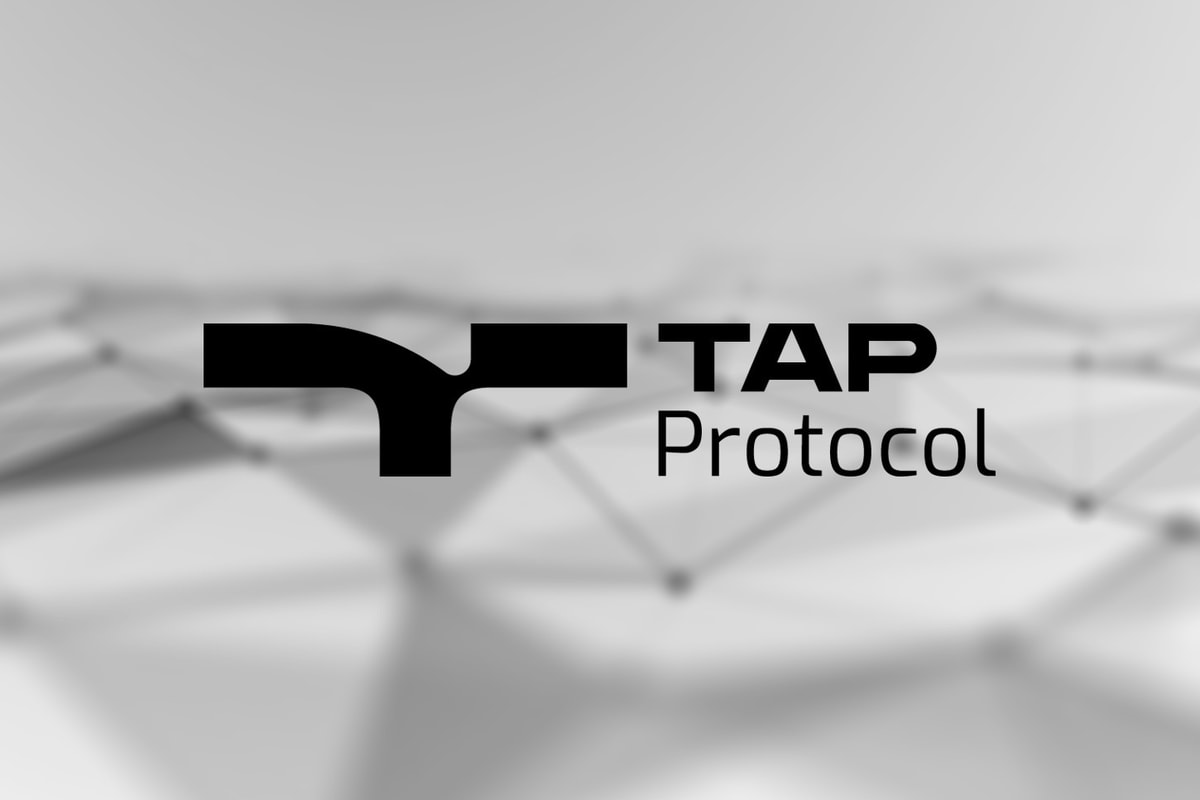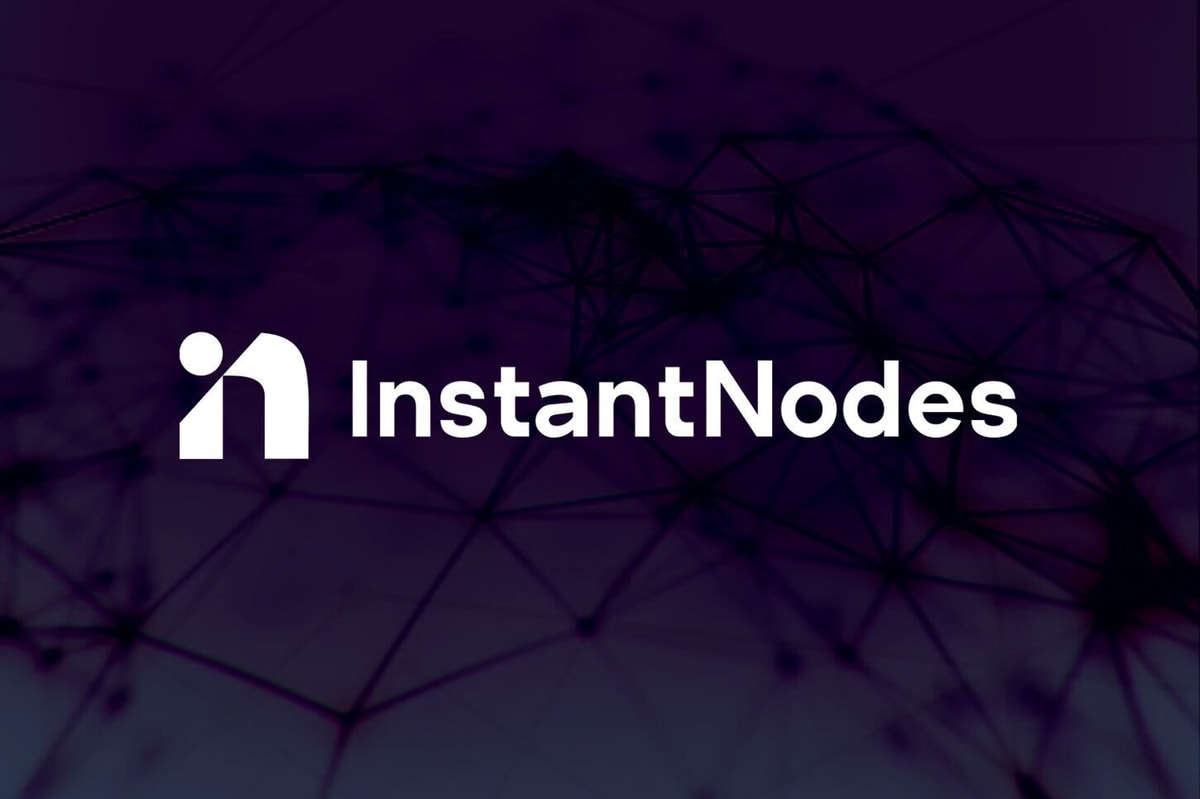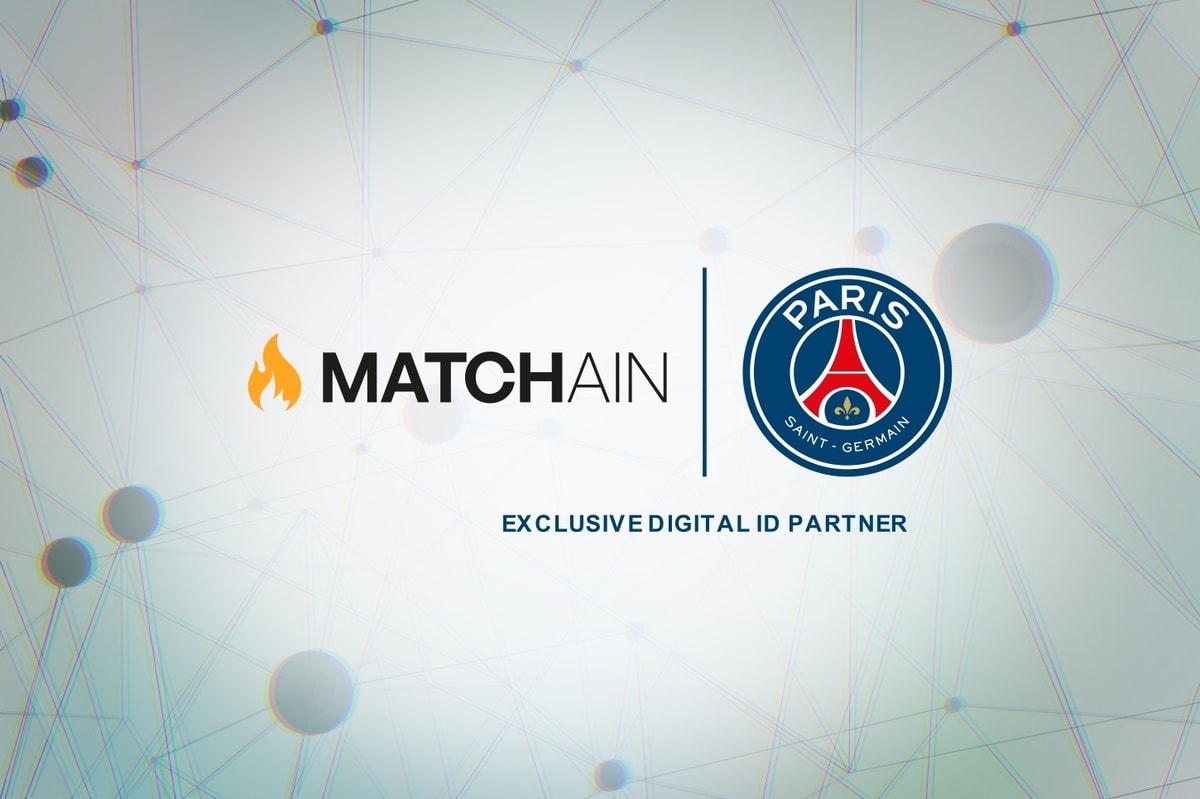“Take back your health info through blockchain technology!"
MediBloc is a blockchain startup creating an ecosystem where medical records can be securely safe-kept and transferred by the rightful owners, the patients and not the hospitals. Its co-founders are both professional doctors with computer science background who realized that the issues and limitations on medical record handling can be resolved through blockchain technology. Dr. Allen Wookyun Kho, a dental surgeon, used to work at Samsung Electronics as a software engineer. Dr. Eunsol Lee, a radiologist, is also a data scientist with experience at analyzing medical big data.
MediBloc is the world’s first company to merge blockchain technology onto PHR platform with a focus in Asia market. MediBloc has already developed a demo-app whose official version will be released in October 2018.
Dr. Kho said in an interview, “Healthcare industry is larger than electronic appliances industry, but medical data system is lagging big time. MediBloc allows individuals to have the rightful ownership of their own medical records. Institutions will no longer be in the center of medical data handling.”
He also pointed, “Hospital visit creates sizable medical data regarding various diagnosis, treatment, prescription. Under current medical data system, the patient cannot collect his/her own medical record easily. Patients, institutions, and doctors are all paying unnecessary costs for medical data management.”
A study from University of Michigan, published by Stanford Medicine highlights the friction we experience in healthcare simply because patient records can’t be shared across clinics.
*Patients were 59 percent less likely to have a redundant CT scan, 44 percent less likely to get a duplicate ultrasound, and 67 percent less likely to have a repeated chest X-ray when both their emergency visits were at hospitals that shared information across a [health information exchange]
Doctors may have trouble providing appropriate treatment if patients incorrectly deliver his/her own medical history. Medical researchers can only have limited access to medical record data due to private data protection laws. Examples of inefficiencies in medicine negatively impacting patient care is abundant. Just misdiagnose alone causes hundreds of thousands of deaths each year, in the U.S. alone.…nearly one-third of the $2.7 trillion spent each year on health care in the U.S. is considered to be wasted dollars.
MediBloc believes blockchain technology is the key to solving this problem. Blockchain empowers credibility to digital data. Unlike existing institutions who save transaction records in a central server, blockchain distributes transaction records to all network users and asks for confirmation from the users. Data forgery and hacking can thus be prevented while ensuring transparency and credibility.
Dr. Kho stated, “blockchain’s credibility, transparency, and security have already been proven by the cryptocurrencies currently being used throughout the world. MediBloc is developing next-generation medical data system that fully utilizes blockchain’s benefits.”
For example, like the miners of bitcoin, MediBloc participants record medical data on Medi Token (MED) blockchain. MED will be the cryptocurrency used as a reward in the MediBloc ecosystem.
Medi Token (MED) can be used to compensate practitioners when they produce a new medical data for the patient. Researchers can directly purchase medical research data from individual patients. MED will be listed on cryptocurrency exchanges so that it can be exchanged into other cryptocurrencies or fiat currencies.
Dr. Kho explained, “Upon the patient’s approval, health care provider can input medical data into the MediBloc system and receive Medi Token (MED). Individuals, institutions, and corporations can purchase data on specific illness or environment from the individual users through Medi Token (MED).”
MediBloc plans to operate in Korea and the rest of Asia first and then go global. MediBloc has partnered with QTUM foundation to dominate the Asian healthcare market. QTUM combines the advantages of Bitcoin and Ethereum to create a more powerful blockchain cryptocurrency. QTUM utilizes Proof-of-Stake (PoS) to provide a fast and agile network. MediBloc is the first healthcare DApp on the QTUM blockchain. In particular, MediBloc aims to utilize this strategic partnership to dominate the China and Korean market, which are one of the top three blockchain markets.
Dr. Kho added, “There is a global social consensus around changing PHR paradigm. However, the medical insurance system differs by each country, and each system is extremely complicated. This is why we target Asia first which is much familiar to us.”
“People may think changing the paradigm of PHR is too ambitious for a startup. However, MediBloc aims to become the game changer in health care industry. We are forming alliances with the right partners. We believe MediBloc is on the right path and will contribute to making a win-win strategy for patients and doctors in healthcare service industry.”
MediBloc is the largest healthcare Token Sale in Asia. MediBloc aims to raise $25M in the upcoming Token Sale. MediBloc is distributing 5,000,000,000 MED over the period of 5 weeks. The Token Sale starts on Nov 13, 2017. Due to the MediBloc's partnership with QTUM, the MediBloc Token Sale will primarily receive QTUM. The conversion rate is 1 QTUM to 2,000 MED. Learn more about MediBloc on their website.
Company name: MediBloc
Company site: medibloc.org
Company contacts: [email protected]











